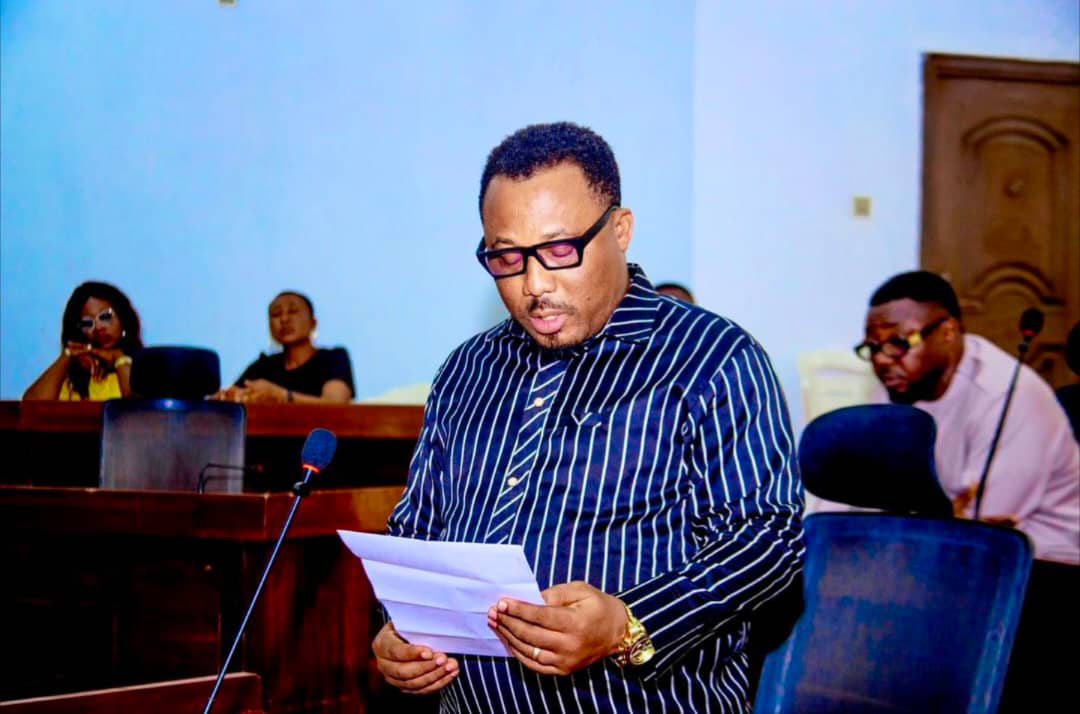There is a widespread misconception among many Nigerians that state legislators receive and directly disburse Constituency Development Funds (CDFs), commonly referred to as “constituency project funds” or “zonal intervention projects.” This misunderstanding has contributed to public distrust and allegations of corruption, often fueling a negative perception of lawmakers. However, the actual structure and process surrounding these funds paint a different picture—one that involves minimal direct financial control by legislators.
In practice, state legislators, similar to their federal counterparts, play the role of project nominators and oversight agents, not financial managers. When a need is identified in a constituency—such as the construction of a road, school building, healthcare facility, or a skills acquisition program—the legislator proposes the project for inclusion in the state’s annual budget. These proposals undergo a review and approval process, involving collaboration between legislative committees and the executive arm of government.
Once the state budget is passed and signed into law, funds allocated for constituency projects are not transferred to the personal accounts of legislators. Instead, they are administered by the appropriate Ministries, Departments, and Agencies (MDAs), which are legally empowered to handle project execution. For instance, a road construction project would fall under the Ministry of Works, while a healthcare facility would be managed by the Ministry of Health. These MDAs are responsible for awarding contracts, disbursing funds to contractors, and supervising implementation.
The role of the legislator becomes one of oversight—monitoring the progress and quality of projects within their constituency. This includes ensuring compliance with specifications, timelines, and budgetary provisions. Legislators are expected to follow through on nominated projects, keep their constituents informed, and press for timely delivery. That’s what people like Emeka Obioma do—not handling a single kobo of the funds, but staying actively involved from start to finish to ensure promises become reality.
Unfortunately, the lack of visibility into the budgeting and execution stages often fosters confusion, making it easy for misinformation to spread and for legislators to be wrongly accused of financial misconduct.
This situation highlights the need for sustained public education about the true nature of constituency project funds. Voters must understand the distinctions between the roles of nomination, oversight, and execution. With this knowledge, citizens can hold both legislators and MDAs accountable—legislators for their monitoring responsibilities, and the MDAs for the actual execution and financial stewardship of the projects.
It is also important for constituents to reject blackmail and politically motivated misinformation. Rather than succumbing to distorted narratives, communities are better served by engaging constructively with elected representatives and relevant agencies to demand transparency, responsiveness, and effective delivery of public goods. An informed electorate is one of the strongest safeguards against corruption and a key driver of meaningful development.
Ultimately, the success of constituency projects depends on vigilant oversight by legislators and active civic engagement by the people. When these elements are in place, public resources are more likely to be used effectively, delivering tangible benefits that improve lives and strengthen democratic governance.
--- Hon Emeka Obioma is the Abia State House of Assembly Chief Whip and member Representing Umuahia South





0 Comments